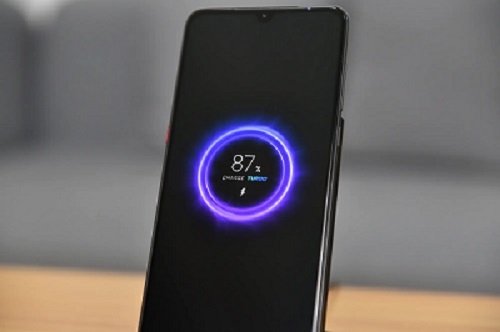Last year, Xiaomi announced 200W power fast charging technology, and it only takes 8 minutes to fully charge a 4000mAh battery.

The fact is that not only in the field of mobile phones, but also in the field of power batteries, fast charging is also one of the important directions of market attention.
Generally speaking, most electric vehicles use ordinary charging technology. This ordinary charging method takes 8-10 hours to charge the electric car, while fast charging is fast charging. It only takes 1 hour to fully charge the battery. .
To simplify the concept, in fact, fast charging uses high-current and high-power direct current to charge the battery. The real principle is that in the fast charging state, the lithium ions in the lithium battery move at high speed and are instantly embedded in the two poles of the battery.
The method of realization is, first, use a wide charging pulse to charge the battery to increase the terminal voltage of the lithium battery. When the charging time limit set by the charging system is reached, the charging system cuts off the supply current to stop charging the battery, and then when the interval reaches At another charging point, restart the charging, and repeat this process. When all the lithium ions inside the battery gather to the positive and negative electrodes of the battery, the battery will be fully charged quickly.
This fast charging technology has high requirements on the battery itself. The battery itself must have an automatic management system, and at the same time, it must have very reliable thermal stability and withstand high voltage and high current.
The above are the battery requirements for fast charging. In order to achieve this fast charging, there must be a matching charging system. Now many cities provide fast charging charging piles with a power of up to 20KW and above, which can convert 10KV high-voltage alternating current. Hundreds of amps of direct current are continuously delivered to the car battery system through a dedicated cable.
In view of the fact that the current battery pack equalization technology, power transmission and distribution technology, especially heat dissipation technology has not yet met the requirements, fast charging in the true sense cannot be fully realized. Compared with ordinary charging technology, the charging time has been greatly shortened. The important thing is this kind of fast charging technology. It can be seen from the principle that fast charging will not seriously damage the battery and sacrifice the service life of the battery as rumored.